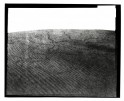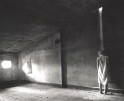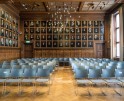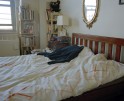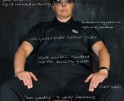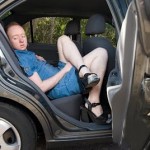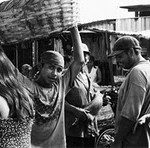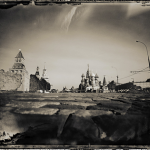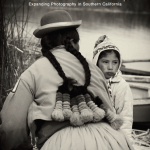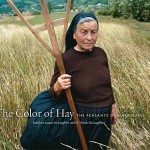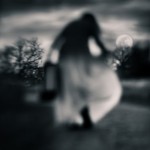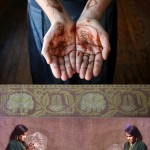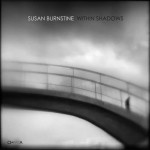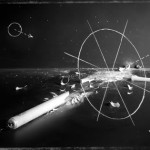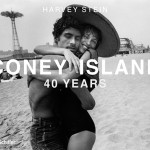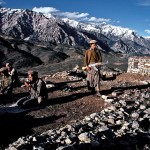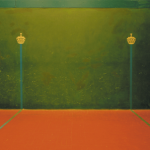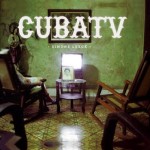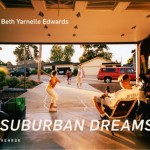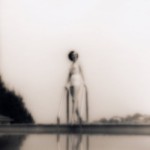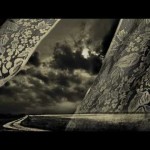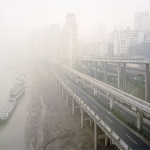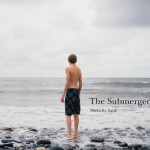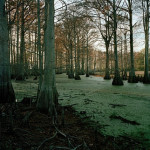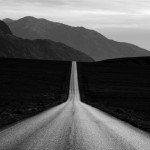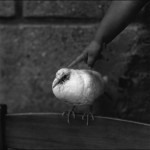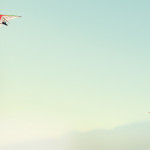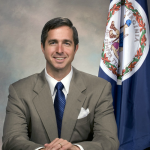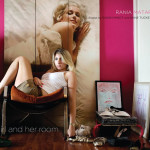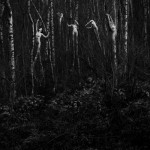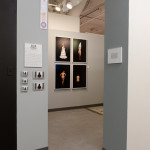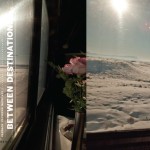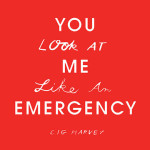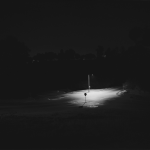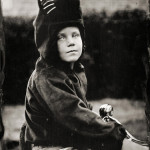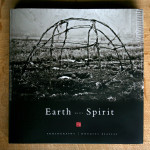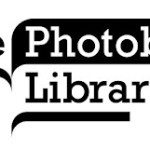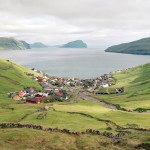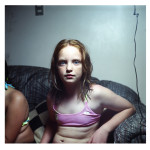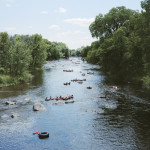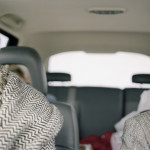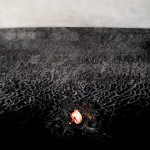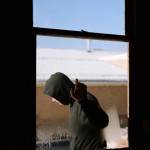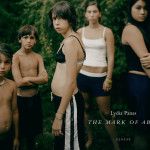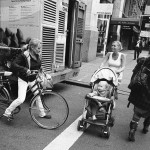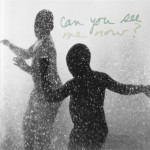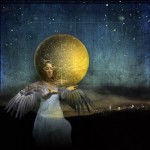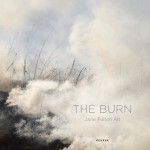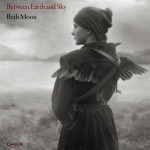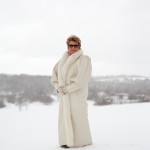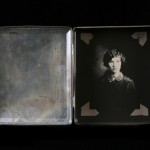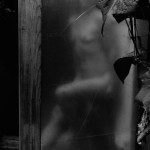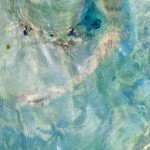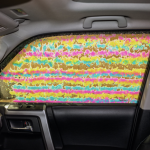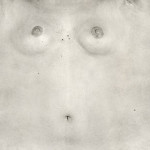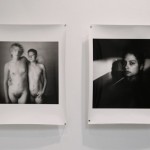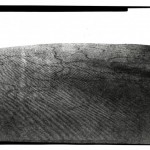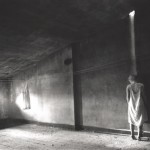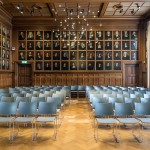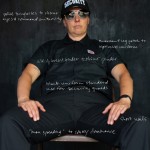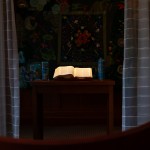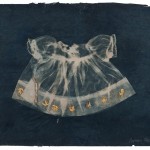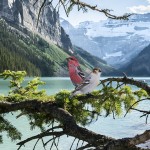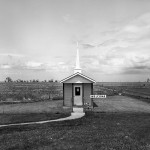Thesis Project: Paula Lycan
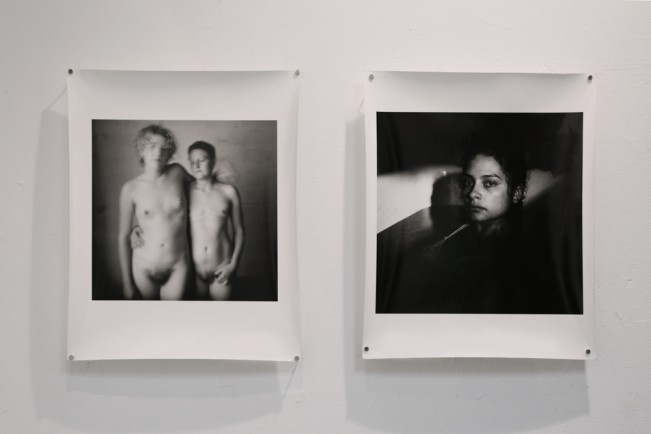
© Paula Lycan, Elbo and Cedar, Grace in the Bath, 2019
What I love about looking at Paula Lycan‘s work is its ability to travel through time. These photos feel incredibly contemporary, depicting queerness in a way that is both sensitive and political. But there are also references to the early beginnings of queer photography, the textural and sensual darkroom prints of people like Peter Hujar. Paula’s construction of the visual language of the darkroom also feels like a very fresh take on visualizing queerness. Reclaiming the labor and physicality of the darkroom tangles into the physicality of the body present in Paula’s images creating a poetically intricate narrative.
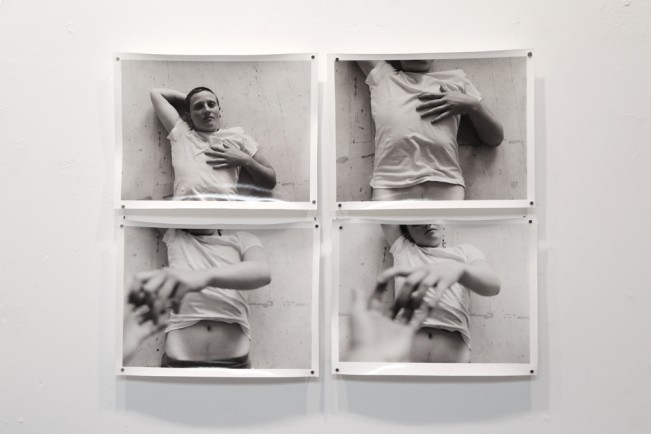
© Paula Lycan, 1/60th, 2019
I am an artist working in traditional darkroom photography and experimental film practices. At this moment our society is witnessing an important shift happening in the discourse around queer identities. I document queerness and intimacy seeking to reject heteronormative ideas surrounding the body, binaries, and understanding intimacies within relationships and community. I work primarily in portraiture, where bodies exist in transitional states and landscapes blur boundaries of form. I document a realm that suggests an evolution of societal values, embracing what is undefinable. Through printing in the darkroom I work to develop a visual language for fleeting feelings of entropy. I’m interested in the results of my own attempts at alchemy, of embedding a single moment in the physical emulsion of film, and then silver printing on paper in the darkroom. This process allows me to capture residual memories and unconscious traces. An emotion; it exists and is real, but can’t be touched or physically captured. By creating works ingrained in the film I explore the tension between what is physical and what is already an action lost in the past. – Paula Lycan
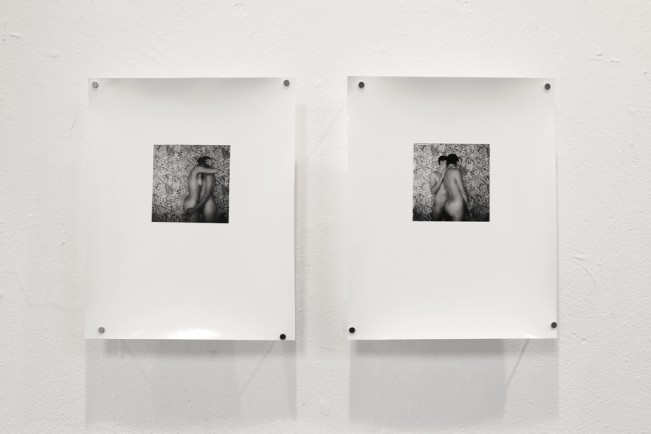
© Paula Lycan, Nana’s Room, 2019
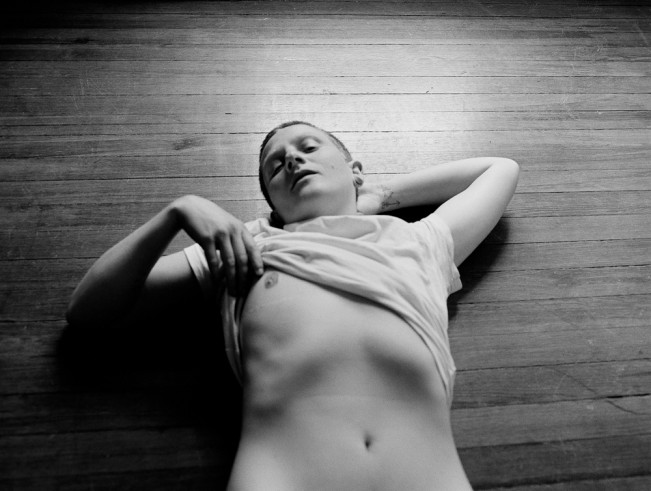
© Paula Lycan, Expose, 2019
Brennan Booker: In this time of social-distancing and greater isolation, how have you adapted your studio practice to the current situation, and how is it impacting the work you’re making now?
Paula Lycan: Sheltering in place has forced me to slow down and spend a lot of time adapting and reevaluating. I’m currently working out of my bedroom in NYC and I don’t have the means or tools to make work the same way. I work a lot in the darkroom, outside and with people so I have had to change how I work or what is productive for me in this current moment. I try to write daily, draw, read, take some photos, but I also try to spend time doing things that require less focus on myself and my practice. In some ways I’m still processing everything going on. I’m doing what I can to make art to cope and share with people but I also am not putting too much pressure on producing.
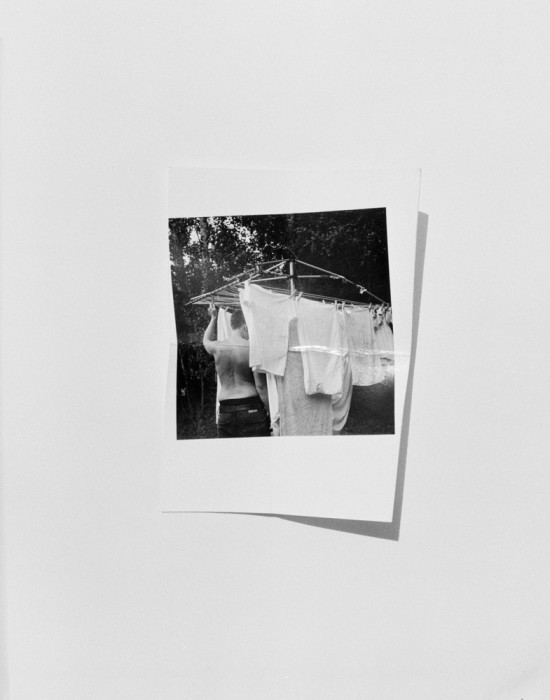
© Paula Lycan, Wallet Photo, 2019
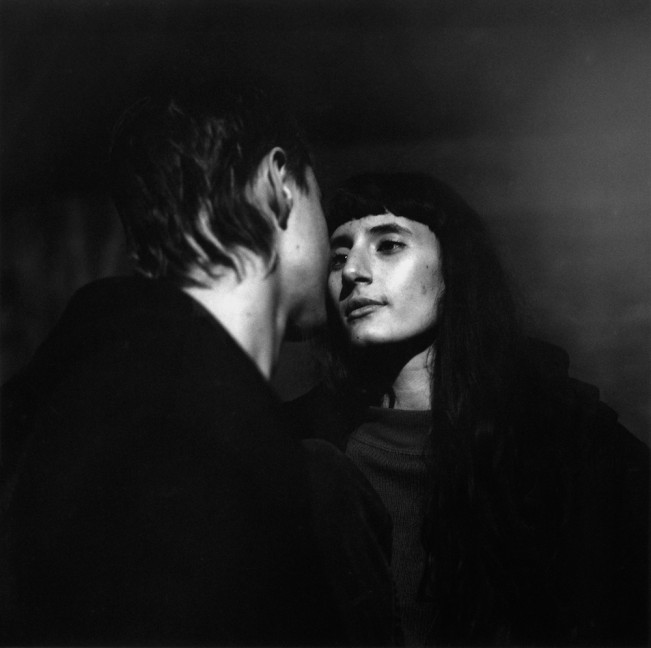
© Paula Lycan, Jordan and Andie, 2019
BB: As the traditional model of brick and mortar exhibition spaces become more difficult to sustain, both the arts organizations and the artist need to find solutions to sharing photographs. How best can an organization support the artist and visa versa?
PL: I think brainstorming creative solutions is a good thing to do right now. Any ways art spaces can make distributing work online feel the most genuine and close to being in person right now feels important. I’ve been seeing alot of institutions or exhibition spaces create open calls to spend this time to find other emerging artists making work right now, especially relevant to our current times. Finding any way to support artists and help people that are at risk or in need by starting fundraisers or art sales to raise money is also something we need right now. Overall, I think that the way art institutions and the fine art world at large was previously operating in our society oftentimes took advantage of many artists and didn’t honestly represent the vast numbers of artists contributing to the visual language of our world. I believe that we could use this time to re-imagine and rebuild an art world that truly cares for and supports artists, not just patrons and donors.
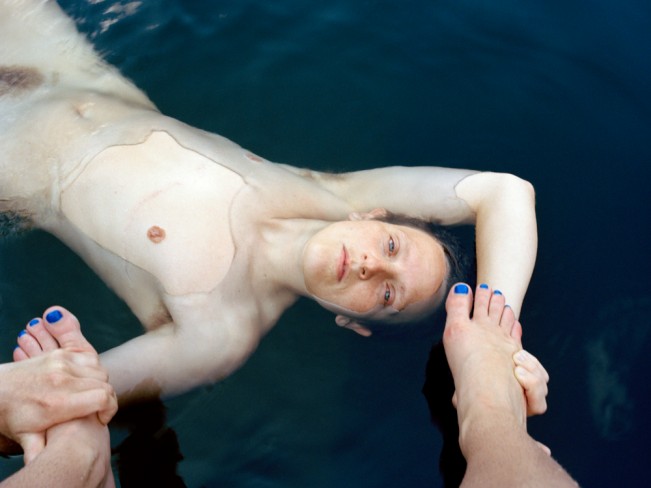
© Paula Lycan, You Make Blue Warm, 2019
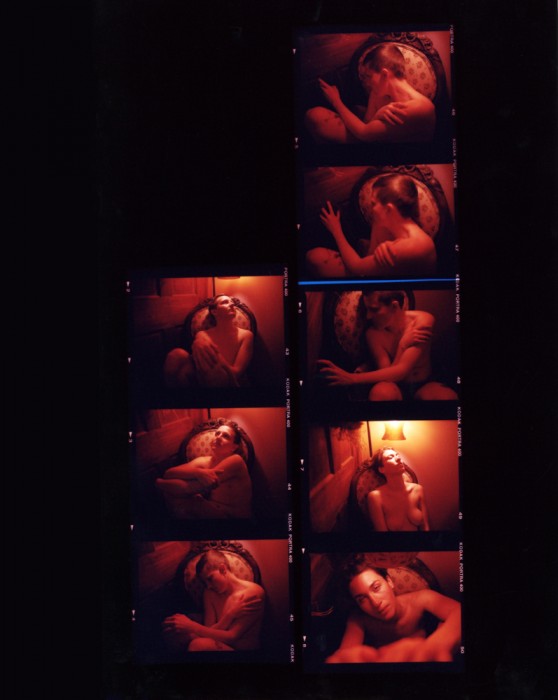
© Paula Lycan, Switch, 2020
BB: How are you finding community (online and in person) in a climate in which we increasingly rely on digital platforms to connect with each other?
PL: I’ve been finding connecting with people online extremely important right now. Were all trying to fill a huge gap of not being able to be in person but people are finding a lot of creative solutions. While I am enjoying all the group calls and virtual video games we all miss being able to touch, hug, share food, etc. My work is often about material, touch, and physical closeness and while I think there are advances being made in how we communicate online, there is no substitute for the real deal!
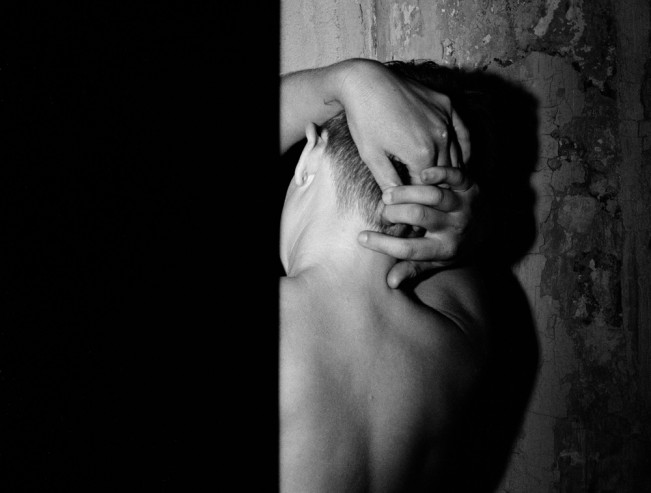
© Paula Lycan, Lights Out, 2019
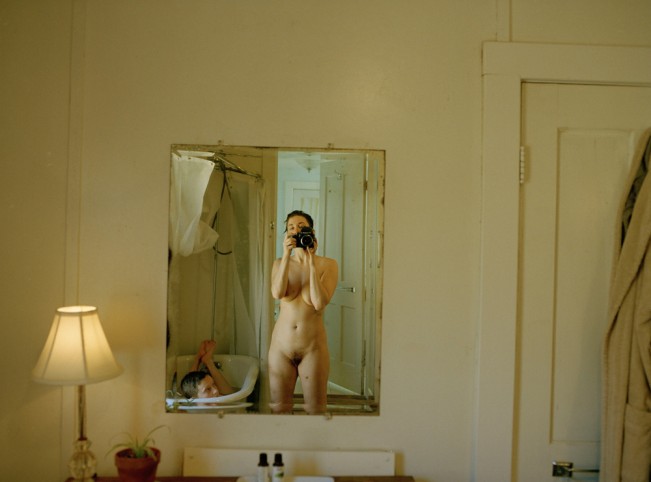
© Paula Lycan, Bathroom in Tungsten, 2020
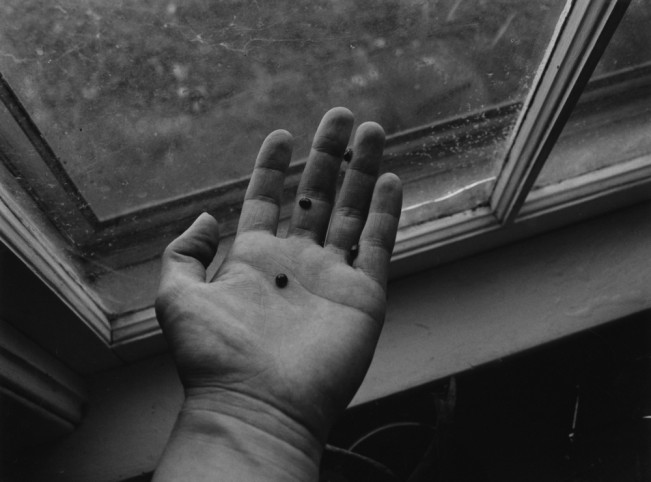
© Paula Lycan, Ladybug Window, 2020
BB: What are your thoughts on being a photographer today?
PL: I think photographs right now are more important than ever. Photographing people and making work about touch has been so important to my process, but now, looking back on work I had been making about things that are currently not possible makes me value it even more. The pandemic causing shutdowns in NYC and everywhere seemed to happen overnight, and suddenly the contact sheets pinned up in my studio of friends and loved ones holding each other seemed so precious. As the weeks turn into months I am so grateful for visual reminders of the closeness and intimacy I got to share, as memories shift and grow foggy over time. I hold onto hope that this will pass eventually, and we will hold each other close again.
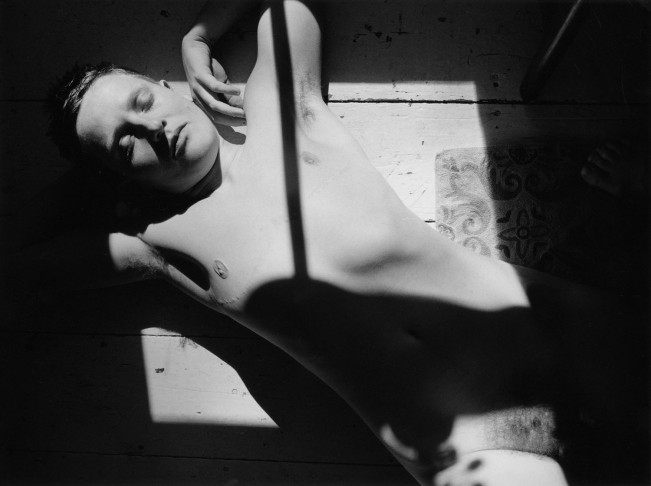
© Paula Lycan, As the Shadows Lengthen, 2020
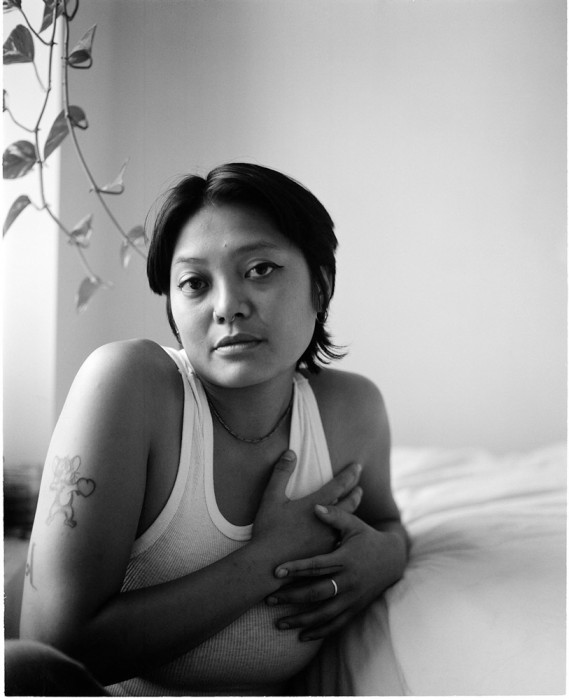
© Paula Lycan, Tender/Tough, 2020
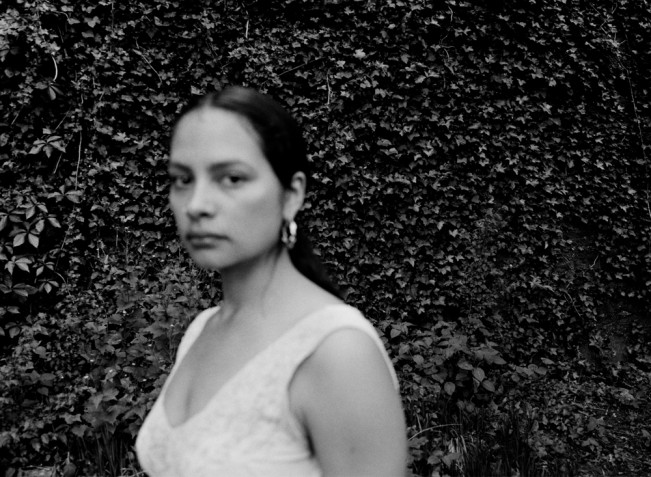
© Paula Lycan, Grace, 2019
Paula Lycan was born in 1992 in Pensacola, Florida and she grew up in San Diego, CA. She received her BA from UC Santa Cruz, and has spent her time at community darkrooms across the country. She is currently pursuing an MFA in Photography at Columbia University, 2020. Paula makes photographic work exploring queer identity through themes of intimacy, vulnerability, and love. Paula works primarily in portraiture and black and white darkroom printing to develop a visual language of the unapologetically personal.
Instagram: @paulaalou
Posts on Lenscratch may not be reproduced without the permission of the Lenscratch staff and the photographer.
Recommended
-
Olga Fried: Intangible EncountersFebruary 18th, 2026
-
Anne McDonald: Self-PortraitsFebruary 17th, 2026
-
Review Santa Fe: Leslee Broersma: Tracing AcademiaFebruary 11th, 2026
-
Review Santa Fe: Ilana Grollman: Just Know That I Love YouFebruary 10th, 2026
-
Review Santa Fe: jessamyn lovell: How To Become InvisibleFebruary 9th, 2026

